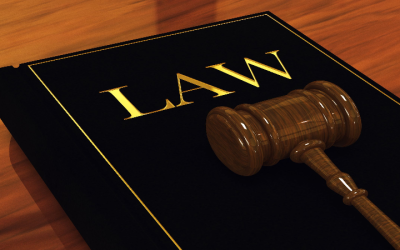Hiring a reputable Injury Lawyer San Francisco is not as simple as some people tend to think. There are a myriad of factors that you need to consider, for example, reputation and experience. Devoid of a good attorney, you won’t be able to convince the court to compel the insurance company or persons responsible to compensate you for the injuries sustained in the accident.
Since most people tend to hire San Francisco Injury Lawyers at the last minute, it is imperative that you know how to sift ambulance chasers from real attorneys. Before looking at the traits of a good Injury Lawyer San Francisco, let’s first of all examine some of the traits of an attorney whose only interest is to profit from your misery:
1. Is in a hurry to go to trial
Ambulance chasers are usually in a hurry to take the case to trial. In fact, such attorneys will boast of their past achievements in a bid to try and convince you to hire them. Sadly, if the attorney fails to prove the case in court, you will have lost your opportunity of being compensated. While the lawyer will back into the market and search for another vulnerable client, you will be left wallowing in your miseries. A good personal injury attorney will first of all consider out of court agreement before taking the case to trial.
2. Doesn’t answer your questions to your satisfaction
Ambulance chasers will try to impress you with their intelligence. Unfortunately, they will not be willing to address your concerns regarding the outcome of the case. A good Injury Lawyer San Francisco will allow you to address your concerns before responding to them. A good personal injury law attorney is attentive to the client and will try as much as possible to put your mind at ease.
Now that you know more about what to look for when shopping for a personal injury attorney in San Francisco, let’s now look at the traits of a good Injury Lawyer San Francisco:
1. Works on contingency fee
A reputable personal injury law firm will take up your case on contingency fee, meaning that the attorneys will only be paid once the settlement amount has been awarded.









